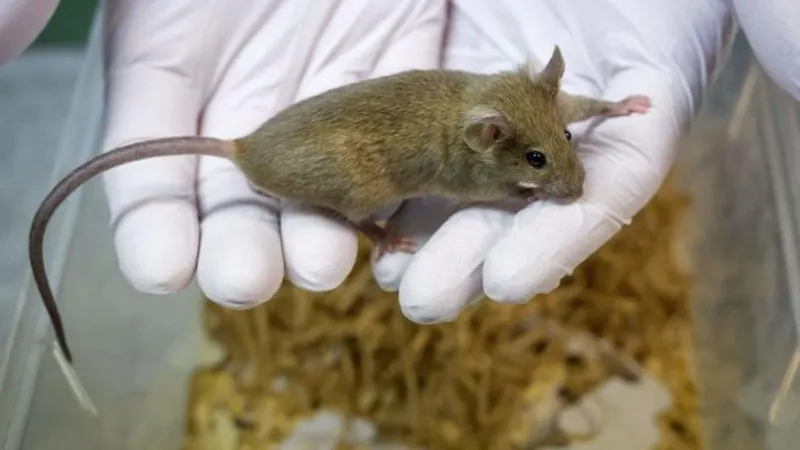Rather, it is carried out in an effort to guarantee that medicines and other compounds are safe for potential human use.
Scholars have been looking for alternatives to animals for a long time. Systems utilizing artificial intelligence (AI) are currently speeding up this task.
One straightforward yet reportedly successful use of AI in this area is to search through all the global animal testing data that is now accessible in order to avoid the necessity for needless additional experiments.
This is helpful because, according to Joseph Manuppello, a senior research analyst at the US non-profit Physicians Committee of Responsible Medicine, it can be challenging for scientists to sort through decades’ worth of data to discover and analyze precisely what they are looking for.
To extract and synthesize all of this available data and make the most of it, I’m quite enthused about the application of AI models like ChatGPT,” he says.
In addition to being the director of the Center for Alternatives to Animal Testing, Thomas Hartung is a toxicology professor at Johns Hopkins University in the United States. According to him, artificial intelligence is just as adept as humans at obtaining data from scholarly publications.
According to Prof. Hartung, one of the main justifications for the existing practice of animal testing is the requirement to evaluate novel substances. There are also a lot of these novel chemicals that need to be examined, as over 1,000 of them hit the market each year.







